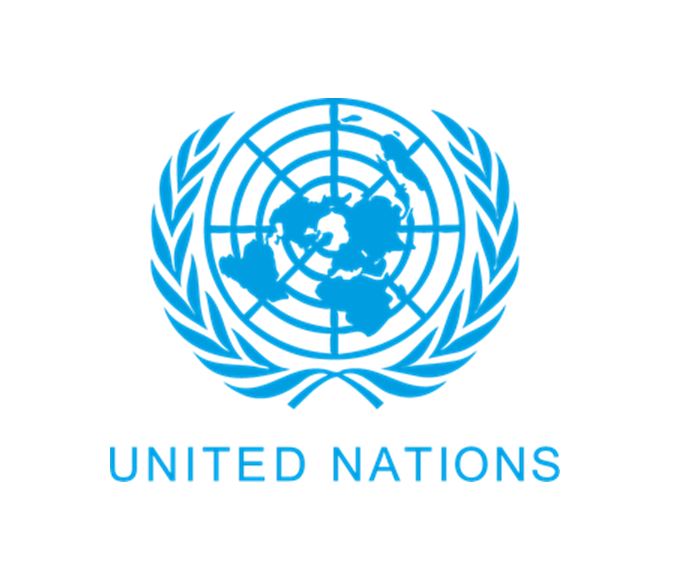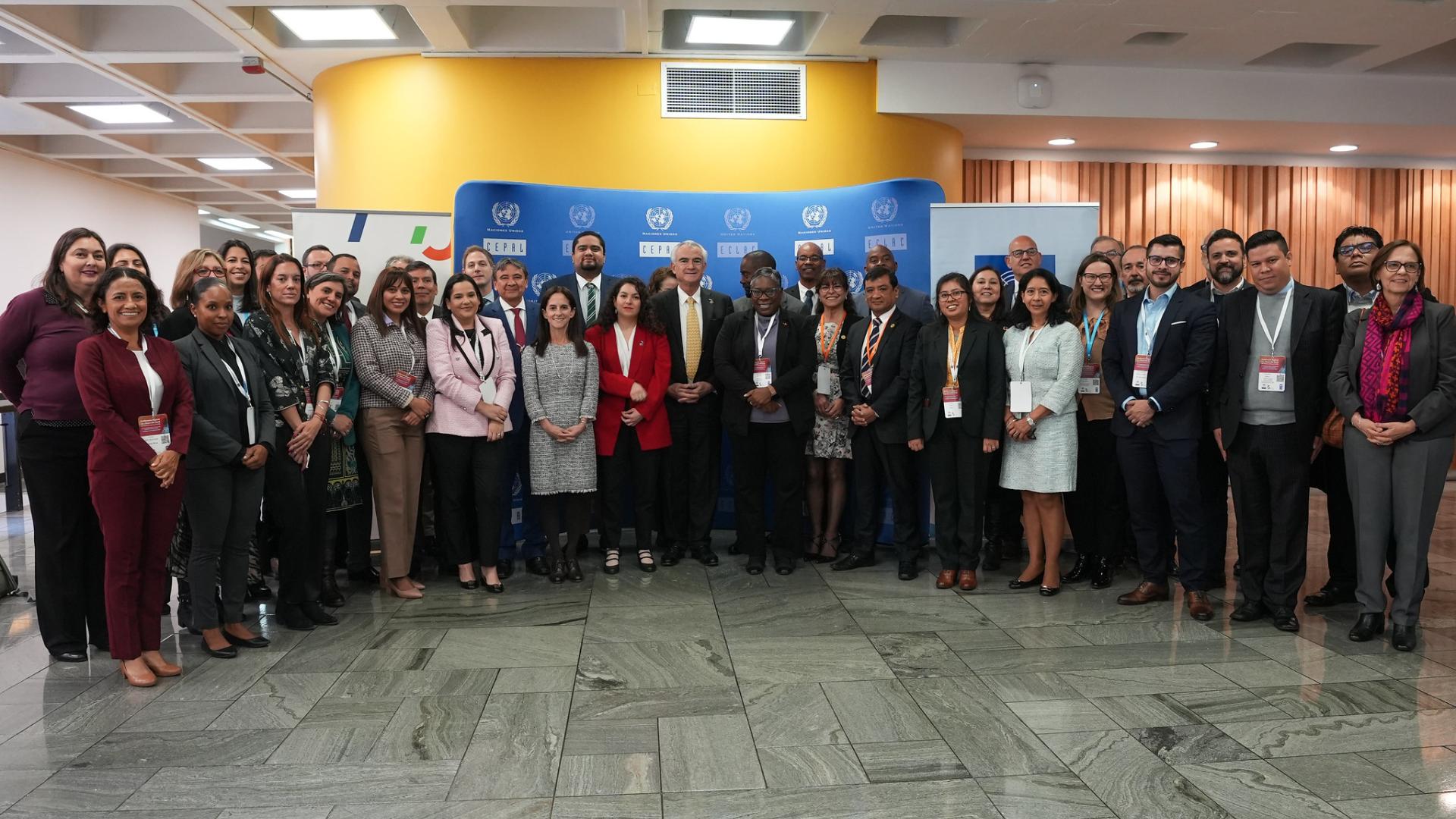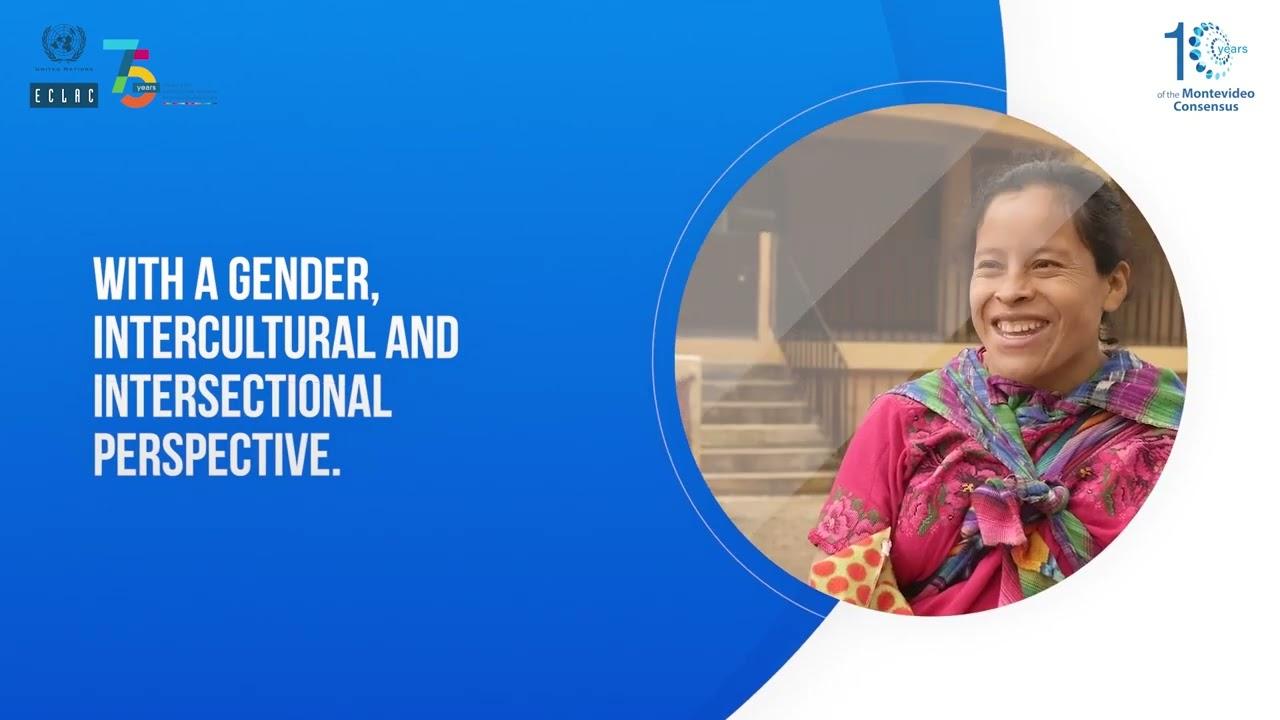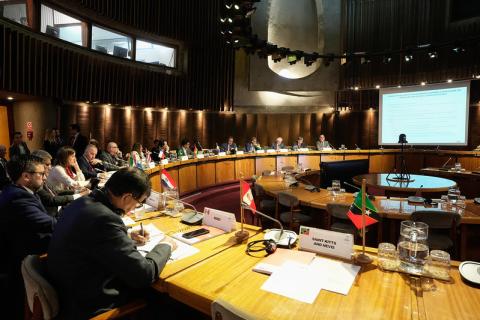Briefing note
Initiative on Model Provisions for Trade in Times of Crisis and Pandemic in Regional and other Trade Agreements
Following the raft of ad-hoc trade measures taken by countries in response to the COVID-19 crisis, the United Nations ESCAP secretariat conducted a rapid review of bilateral and regional trade agreement (RTA) texts to see if they provided any guidance on what partners should do to ensure minimal disruption to trade and supply chains in such crises. As expected, RTAs include clauses in order to permit exception to the agreements in time of emergencies; but for the most part they do not feature provisions that could help deal with trade disruption in emergency or crisis situations. To address this gap and in support of “building back better” after COVID-19, the initiative aims to develop model provisions to promote more trade cooperation and predictability in times of crisis and pandemic – and speed up recovery.
This United Nations initiative, coordinated by ESCAP, is implemented jointly by UNCTAD and the 5 United Nations Regional Commissions (ECA, ECLAC, ESCAP, ESCWA and UNECE) in cooperation with WTO, CUTS and several other organizations from civil society, academia, and the private sector. A Core Expert Group has been established to guide the initiative and support delivery of an online (living) Handbook on Provisions for Trade in Times of Crisis and Pandemic in Regional and other Trade Agreements.
As a first step towards developing the Handbook, a 45-day Policy Hackathon will be organized starting June 2020, enabling all interested trade negotiators and experts from government, academia, think tank, international organization, and civil society to contribute to this challenging endeavor. All relevant contributions by participants will be made available through an online repository under their authors’ or their organizations’ names. Deadline for application to participate is 29 May 2020.
Core Expert Group:
- Anabel González, Nonresident Senior Fellow, Peterson Institute for International Economics
- Bipul Chatterjee, Executive Director, CUTS International, India
- Deborah Elms, Executive Director, Asian Trade Centre and Vice Chair, Asia Business Trade Association
- Henry Gao, Associate Professor, Singapore Management University School of Law
- Lei Zhang, Dean, School of Trade Negotiations, Shanghai Center for Global Economic and Trade Governance, Shanghai University of International Business and Economics
- Mark Wu, Professor, Harvard School of Law, Harvard University
- Mostafa Abid Khan, Member, Bangladesh Trade and Tariff Commission, Government of Bangladesh
- Paul Baker, Chief Executive, International Economics Consulting Ltd., Mauritius
- Peter Draper, Executive Director, Institute for International Trade, University of Adelaide
- Simon J. Evenett, Professor of International Trade and Economic Development, University of St. Gallen
- Stephen Olson, Research Fellow, Hinrich Foundation
- Wale Ogunkola, Professor, International Economics, University of Ibadan, Nigeria
Focal points from collaborating United Nations and other international organizations
- ECA (Africa): Simon Mevel, African Trade Policy Center
- ECLAC (Latin America): Jose Duran Lima, Chief, Regional Integration Unit and Marcelo Dolabella
- ESCWA (West Asia): Mohamed Chemmingi, Chief, Trade and Regional Integration Section
- UNCTAD: Miho Shirotori, Chief, Trade Negotiations and Commercial Diplomacy Branch, and Taisuke Ito
- UNECE (Europe): Lance Thompson, Head of UN/CEFACT Secretariat
- WTO: Gabrielle Marceau, Senior Counsellor, Research Division
Coordinator/Secretariat
ESCAP: Yann Duval, Chief, Trade Policy and Facilitation Section, Trade, Investment and Innovation Division (email: duvaly@un.org, copied to tuntiwigit@un.org)
Practical information
Reference Materials
- IIT policy brief: Global Trade Cooperation after Covid-19: Can the G20 contain disintegration?
- Singapore-New Zealand Declaration on Trade in Essential Goods for Combating the Covid-19 Pandemic
- WTO note on Export Prohibitions and Restrictions
- World Bank note on Do’s and Don’ts of Trade Policy in the Response to COVID-19
- G20 Trade and Investment Ministerial Statement
- COVID-19 and World Trade
- Restrictions on the export of medical products hamper efforts to contain coronavirus disease (COVID-19) in Latin America and the Caribbean



